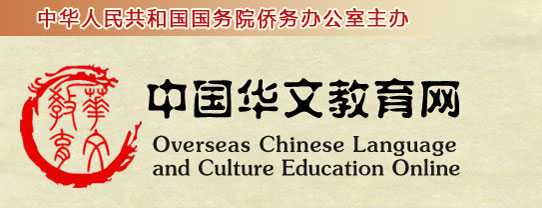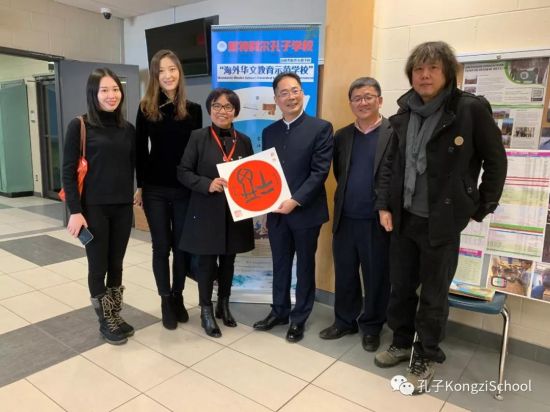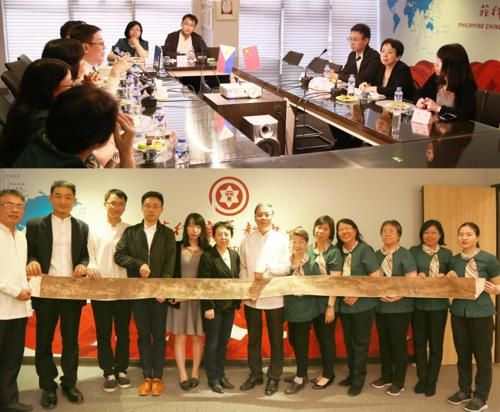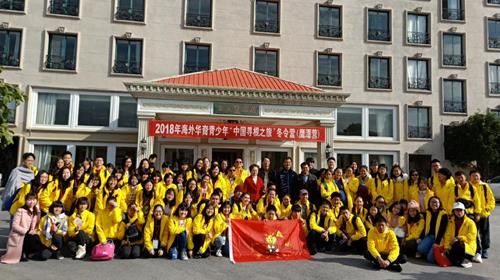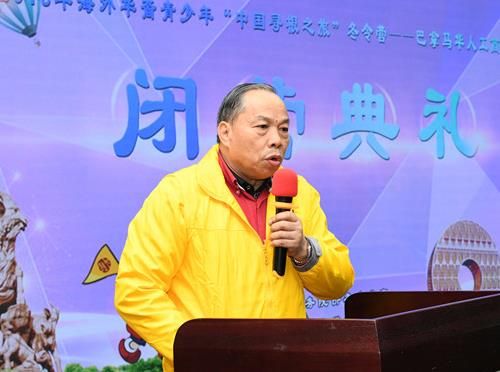|
回族 The Hui ethnic group
2009年09月03日 08:53
回族 回族是中国少数民族中人口较多的一个民族,他们散居在中国各地,主要聚居在宁夏回族自治区。 回族人大多信仰伊斯兰教,习惯在聚居的地方修建清真寺。主要的节日有开斋节、圣纪节和古尔邦节。 伊斯兰教对回族人的生活习惯有很深的影响:回族小孩出生后,要请阿訇(hong)起一个回族名字;回族人结婚时,要请阿訇证婚;去世后,要请阿訇主持葬礼;回族人不吃猪肉,也不吃一切动物的血和自死的动物。回族在穿戴上基本和汉族相同,但男人习惯戴白帽和黑帽。 回族最初使用阿拉伯语、波斯语和汉语。由于长期和汉族杂居,逐渐通用汉语,并吸收了汉族文化。现在,回族在衣饰、姓名和习惯等方面,已基本与汉族相同。 “花儿”是流传在甘肃、青海一带深受回族人民喜爱的民歌形式。每年农历b六月初一到初六,在甘肃康乐县景色秀丽的莲花山,都要举行“花儿盛会”。每逢盛会,莲花山上歌如潮,花如海,通宵达旦的歌声唱出了回族人民对幸福生活的追求和向往。 回族是勤劳、勇敢、智能的民族,在历史上出过不少杰出人物。回族人民为中国的繁荣和发展,作出了积极的贡献。 The Hui The Hui ethnic group is relatively populous among China's ethnic minority groups. They are scattered all over China, but mainly live in Ningxia Hui Autonomous Region. Most of the Hui people are Muslims, and are accustomed to build a mosque where they live in a community. Major festivals are the Lesser Bairam, Mawlid al-Nabi (Shengji Festival or the Birthday of the Prophet Mohammed), and the Corban Festival. Islam has a deep influence on the life and customs of the Hui people: When a baby is born, he will be given a Hui name by an imama; when people get married, they invite an imam as the chief witness; when one dies, an imam will be invited to preside over the funeral; the Hui people never eat pork, and nor do they eat the blood of any animal or corpse of animals that die naturally. At first, the Hui people used the Arabic, Persian and Chinese languages. Since they have lived for a long time alongside the Han people, they have gradually adopted use of Chinese, and absorbed much from Chinese culture. Now, the Hui people are almost the same as the Han in terms of clothes, ornaments, names and customs, only that men normally wear white or black caps. Hua'er is a kind of folk song popular in Gansu and Qinghai provinces and with the Hui people. Every year, from the first to the sixth day in June in the lunar calendarb, a "hua'er meeting" is held in the Lotus Mountain in Kangle County, Gansu Province, where beautiful songs flow all night. There are outstanding figures in the history of the Hui ethnic group and the Hui people have made positive contributions to the prosperity and development of China.
【来源:中国华文教育网】
|
|
